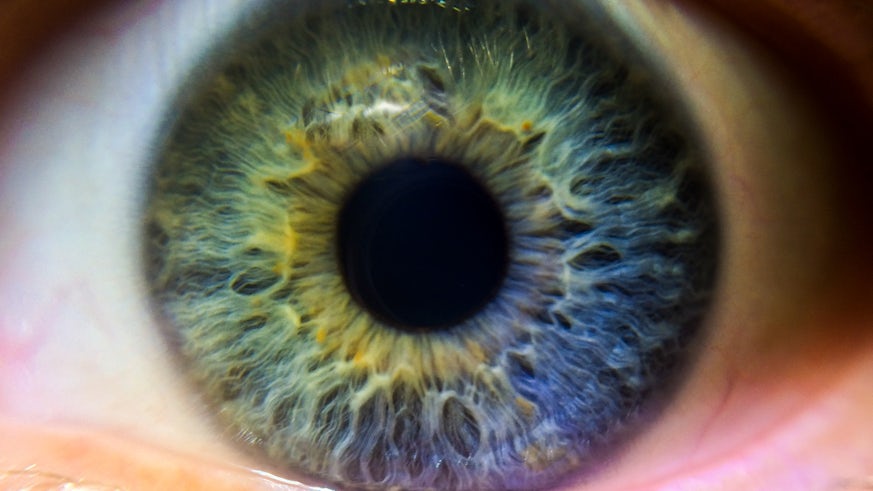First NHS-led clinical trial for thyroid eye disease
27 March 2018

The first NHS-led clinical trial for thyroid eye disease (TED) – a disfiguring condition causing protruding eyes, double vision and swelling around the eyes – has shown that widely used, expensive and time-consuming radiotherapy treatment does not help patients who are also given steroid tablets.
However, disease severity was reduced in patients who also received antiproliferative immunosuppressive drugs, if they were able to tolerate these medications.
The study, led by researchers at the Universities of Bristol and Cardiff, together with the Bristol Eye Hospital and Moorfields Eye Hospital in London, was conducted across 11 NHS Hospitals and took the research team ten years to complete.
Dr Richard Lee, Consultant Senior Lecturer in the Bristol Medical School: THS and deputy director, NIHR Moorfields Clinical Research Facility said: “CIRTED (combined immunosuppression and radiotherapy in thyroid eye disease) is the only multi-centre UK trial to have been conducted into this disfiguring and visually disabling condition.”
Professor Colin Dayan and Dr Peter Taylor, from the School of Medicine at Cardiff University, added: “The CIRTED and MINGO trials found that TED patients treated with steroids would also benefit from an antiproliferative drug, such as Mycophenolate, and they should not receive orbital radiotherapy.”
The study was funded by a group of medical research charities (National Eye Research Centre, Above and Beyond, and Moorfields Eye Charity) underpinned by the research infrastructure of the NHS.
The paper ‘Combined immunosuppression and radiotherapy in thyroid eye disease (CIRTED): a multicentre, 2 × 2 factorial, double-blind, randomised controlled trial’ is published in the Lancet Diabetes & Endocrinology.

